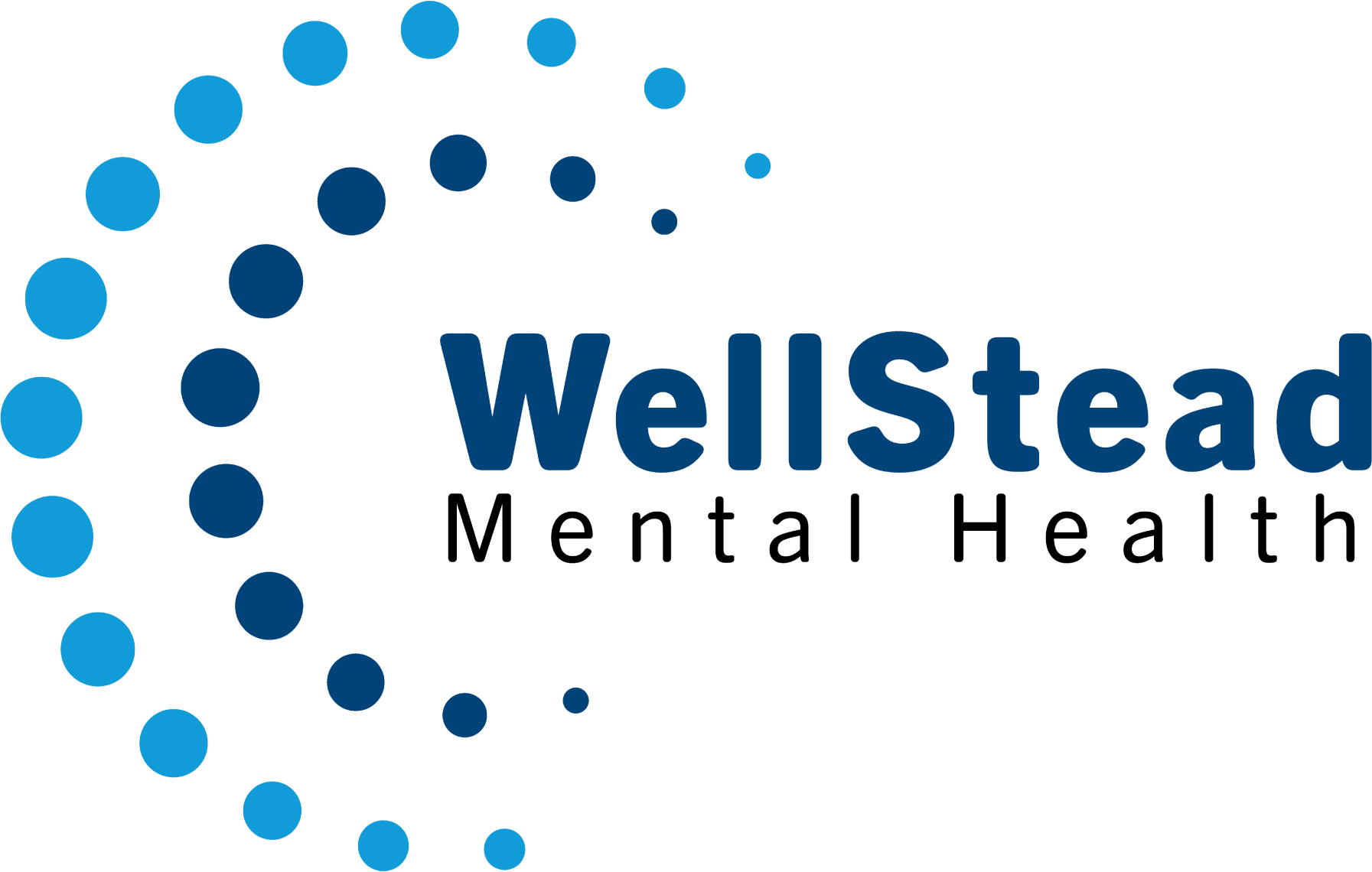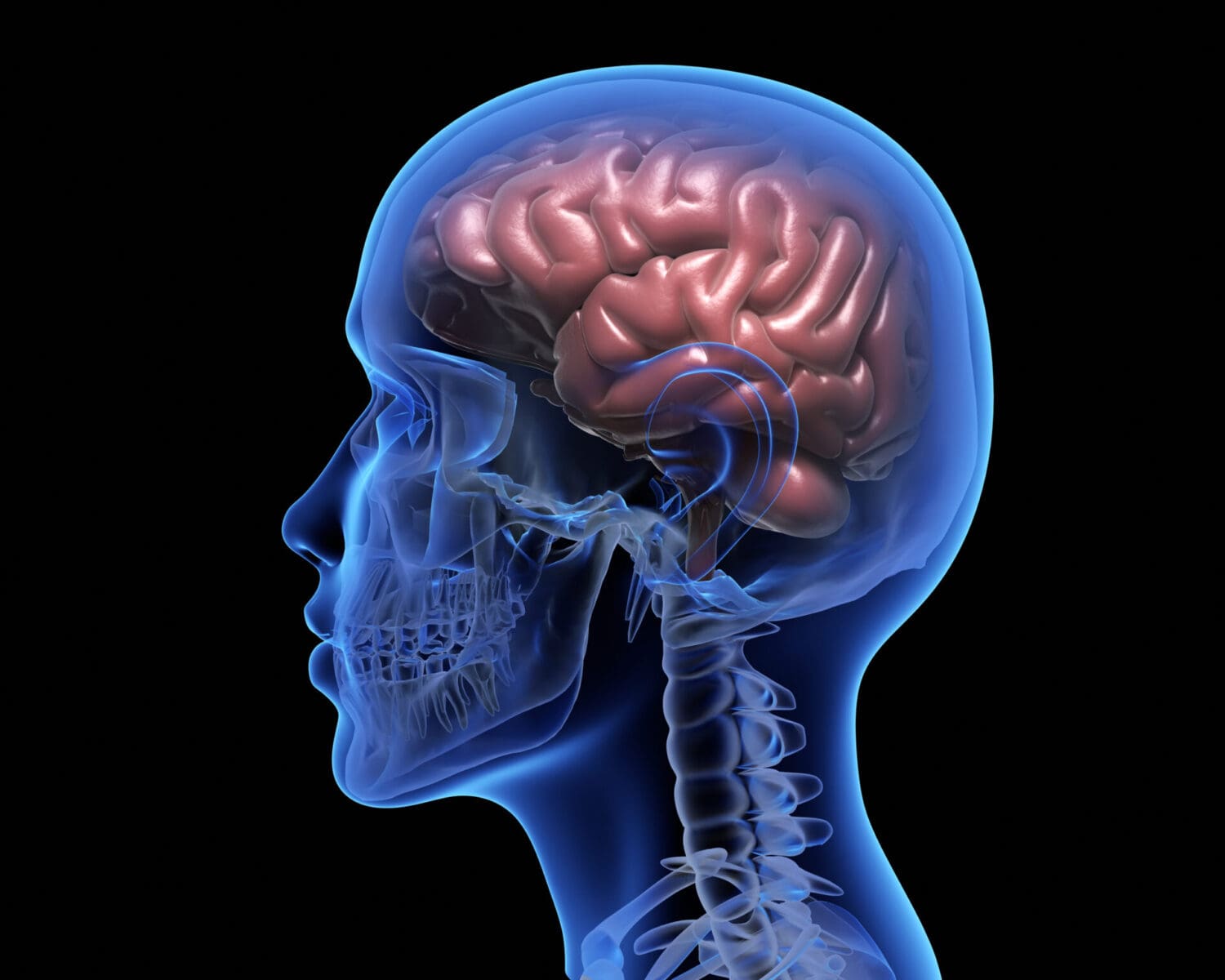Transcranial Magnetic Stimulation, often called TMS therapy, is a non-invasive treatment that uses magnetic pulses to stimulate specific areas of the brain. It has become a promising option for people struggling with depression and other mental health conditions when medications or talk therapy alone don’t provide enough relief.
At WellStead Mental Health, we offer advanced treatments, including Deep TMS therapy, in Tallahassee and Orlando. Through science-based, clinically proven methods and compassionate care, we help patients find new hope and lasting relief.
How Does TMS Therapy Work?
TMS therapy involves sending magnetic pulses through a coil positioned near the scalp. These pulses are meticulously calibrated to stimulate the areas of the brain involved in mood regulation, which often exhibit reduced activity in individuals with depression. Reactivating these neural networks through TMS therapy can help restore balance and enhance mood.
TMS therapy is safe, non-invasive, and does not interfere with daily life. Patients can resume work or normal activities immediately after.
Understanding the Different Types of TMS
There isn’t just one way to perform TMS therapy. Advances in technology have created variations that differ in strength, frequency, and target areas.
Pulse Frequency
High-frequency pulses are often used to activate underactive regions, such as those linked to depression, while low-frequency pulses may calm overactive areas. This flexibility allows TMS to adapt to a range of mental health needs.
Pulse Patterns
TMS can also vary in how pulses are delivered, with different patterns designed for specific therapeutic effects. For example, repetitive sequences may provide more lasting stimulation of neural pathways, supporting changes in brain activity over time.
Who Can Benefit from Deep TMS Therapy?
TMS therapy is most commonly used for people with major depressive disorder who haven’t found enough relief from medication or traditional therapy. This condition affects millions, and TMS provides an option that doesn’t involve long-term drug use or invasive procedures.
At WellStead Mental Health, we provide Deep TMS therapy using BrainsWay’s advanced system, which reaches deeper areas of the brain than standard TMS.
This approach expands treatment possibilities for:
- Major Depressive Disorder (MDD)
- Obsessive-Compulsive Disorder (OCD)
- Smoking Cessation
Researchers are also studying how TMS may help with PTSD, generalized anxiety disorder, bipolar depression, and other conditions, which shows its expanding role in mental health care.
Please note that some insurances may not cover TMS for OCD or smoking cessation, which may require out-of-pocket costs.
Pros and Cons of TMS Therapy
Pros
TMS therapy offers a non-invasive, drug-free option for people with depression and related conditions, providing meaningful relief when traditional treatments fall short. It is FDA-approved for those who suffer from Treatment-Resistant Depression or OCD-related symptoms and allows patients to return to normal activities immediately after each session.
Cons
Treatment requires a significant time commitment, with multiple weekly visits, and some patients may experience temporary side effects, such as headaches or scalp discomfort. Insurance coverage can vary, and while many find lasting improvement, results are not guaranteed for everyone.
Benefits of TMS Therapy
TMS therapy is a proven alternative to medication for depression. Below are some of the benefits of TMS therapy.
- Depression Relief – Many patients experience significant mood improvement and restored daily functioning.
- Non-Invasive & Drug-Free – No anesthesia, surgery, or systemic side effects from medications.
- Can Save Lives – For patients who felt they had no other options, TMS offers renewed hope.
- Convenient & Comfortable – Outpatient sessions fit easily into a daily routine.
- Works with Other Treatments – TMS can be combined with other treatments for a holistic approach.
Side Effects of TMS Therapy
Most side effects are mild and temporary, usually subsiding shortly after treatment:
- Headaches
- Scalp discomfort at the stimulation site
- Tingling, spasms, or twitching in facial or scalp muscles
- Lightheadedness
Serious side effects, including seizures and mania, are rare, making TMS a well-tolerated option for most patients.
Frequently Asked Questions About TMS Therapy
How long has TMS therapy been around?
The earliest forms of Transcranial Magnetic Stimulation were developed in the mid-1980s, but TMS therapy for depression gained FDA approval in 2008. Since then, research and technology have expanded its applications, making it a mainstream treatment for mental health.
Does insurance cover TMS therapy?
Many insurance providers now cover TMS therapy for major depressive disorder, especially when a patient has tried other treatments without success. However, coverage can vary by provider and plan. At WellStead Mental Health, our team helps patients navigate insurance approvals to make treatment more accessible.
Is TMS therapy safe?
Yes. TMS is considered very safe, especially compared to more invasive treatments. The most common side effects are mild and temporary, such as headaches or scalp discomfort. Serious risks are rare, and sessions are always administered under professional supervision.
Can you drive after TMS therapy?
Yes. Because TMS doesn’t require anesthesia or sedation, patients can drive themselves to and from appointments. This makes it convenient for those balancing treatment with work, school, or family responsibilities.
Get Started with TMS Therapy in Tallahassee and Orlando
At WellStead Mental Health, we’ve been serving the Tallahassee community with compassionate, evidence-based care since 1982. Now, with our expanded services in Orlando, we bring the same trusted expertise to more patients seeking relief from depression, anxiety, OCD, and related conditions. When you begin care with us, you’re gaining a dedicated team of providers who are committed to your recovery and long-term wellness. Take the first step toward healing today. Contact us to schedule a consultation and find out if TMS therapy is right for you.







